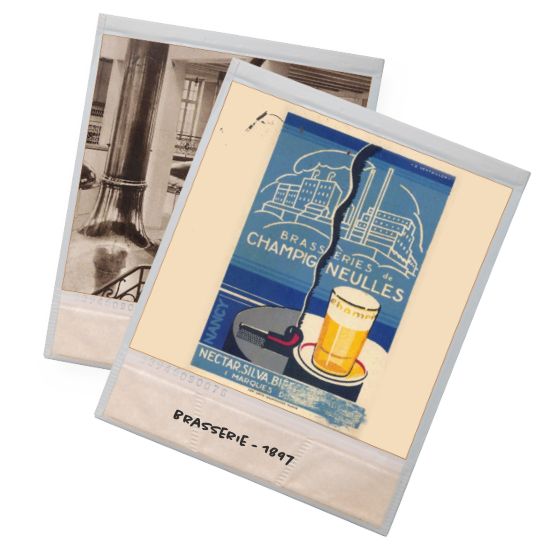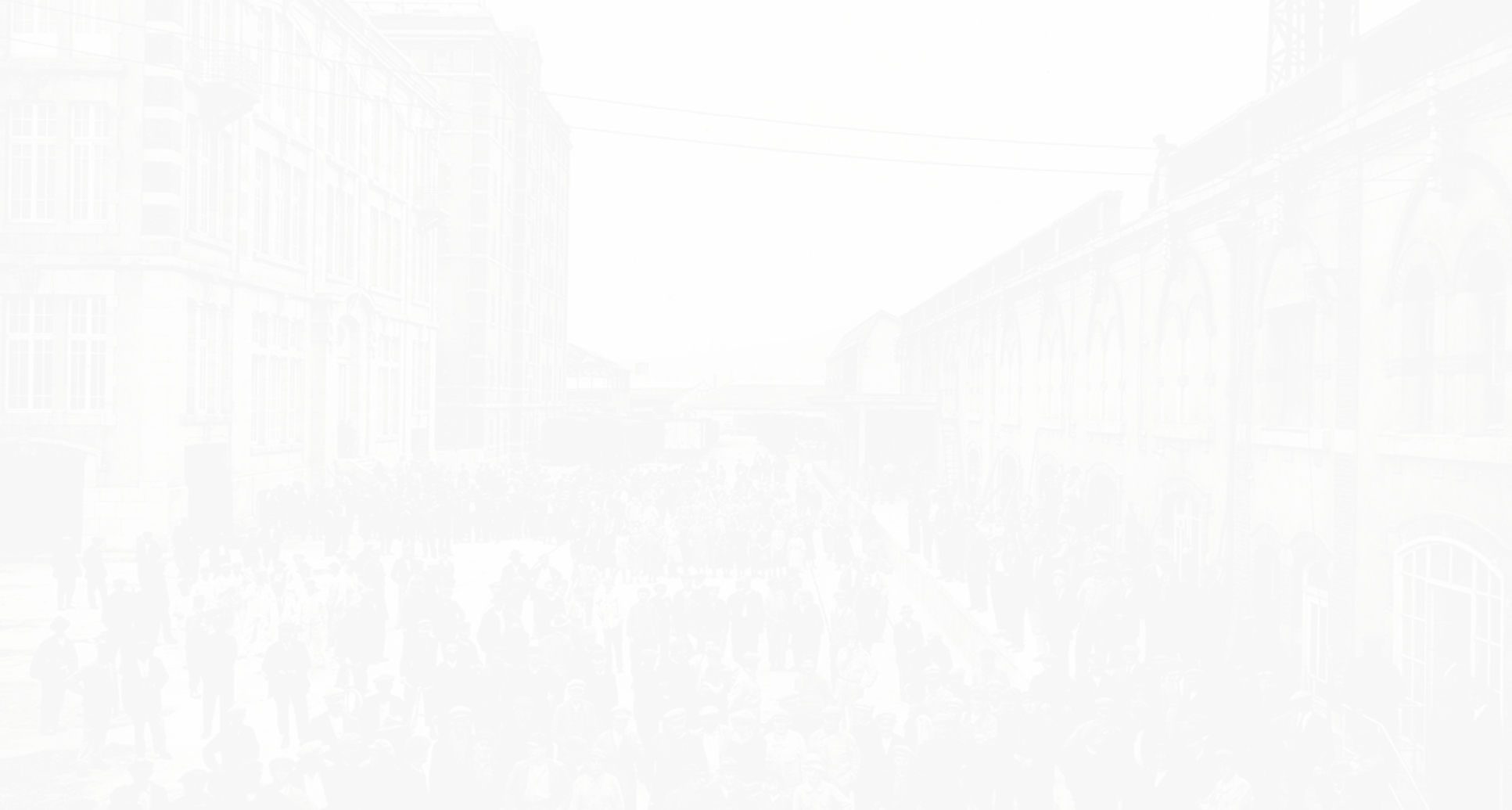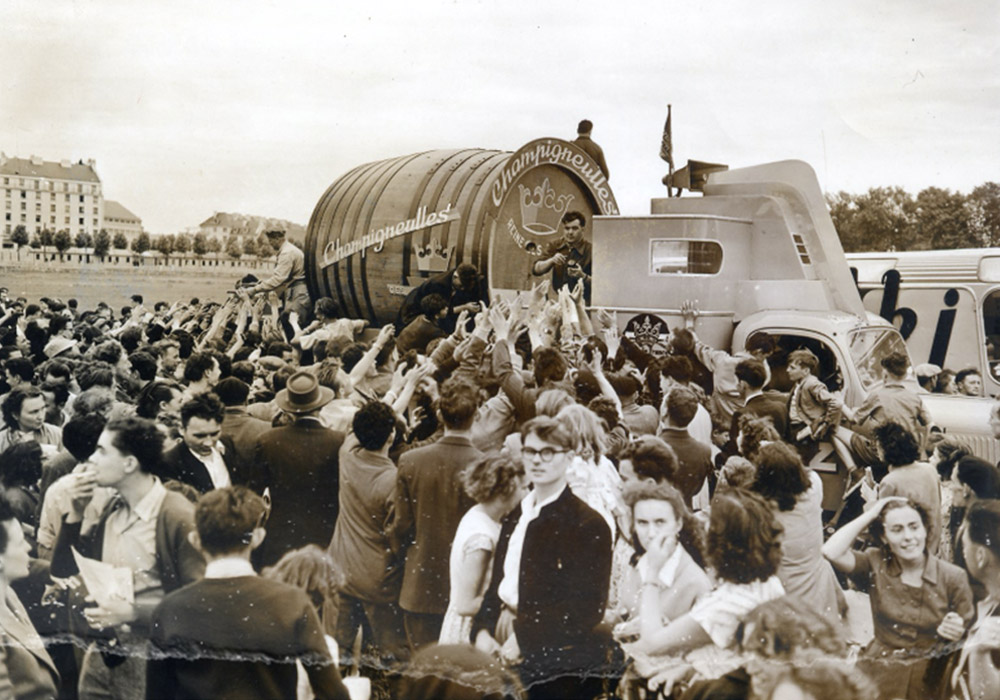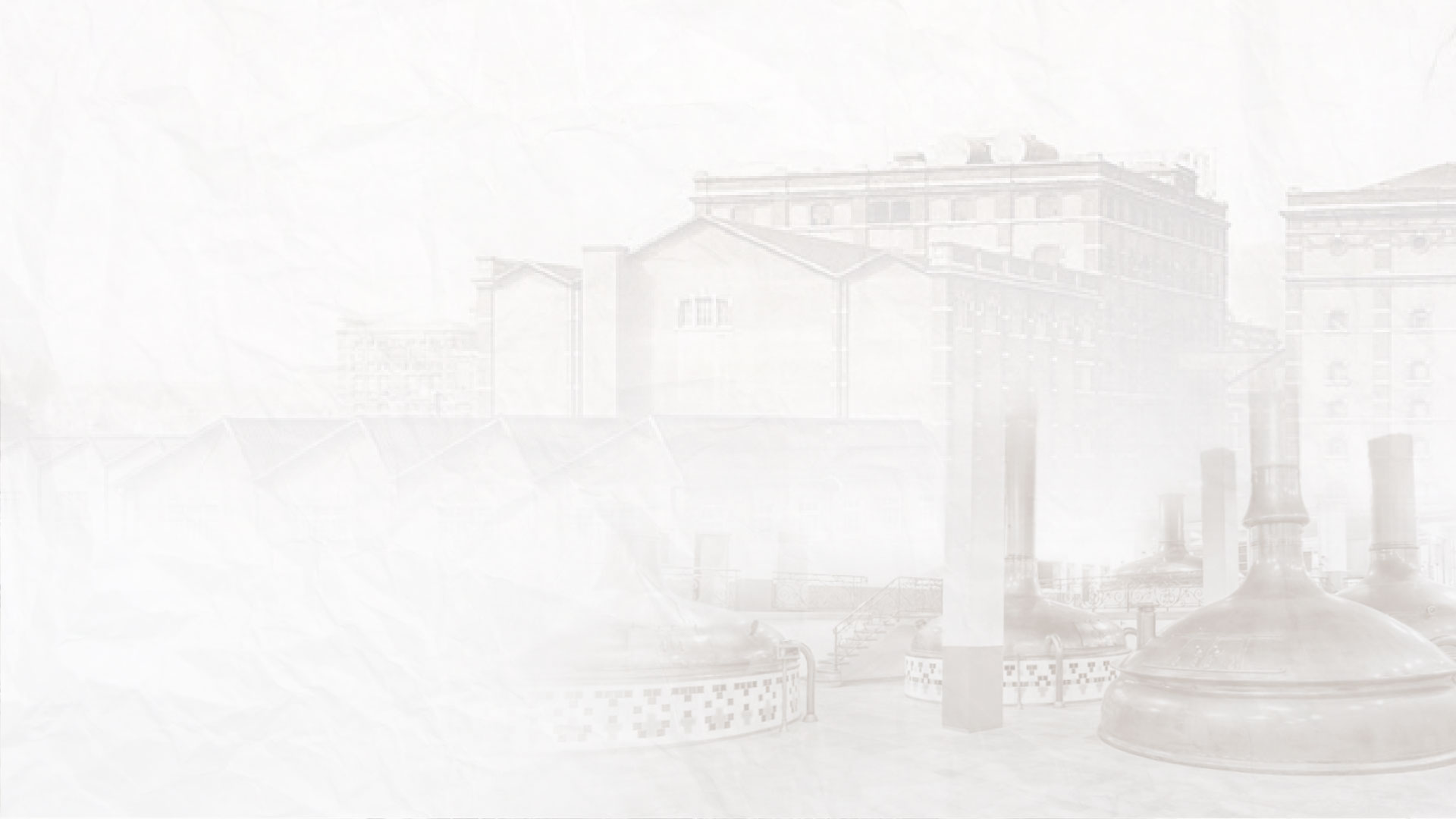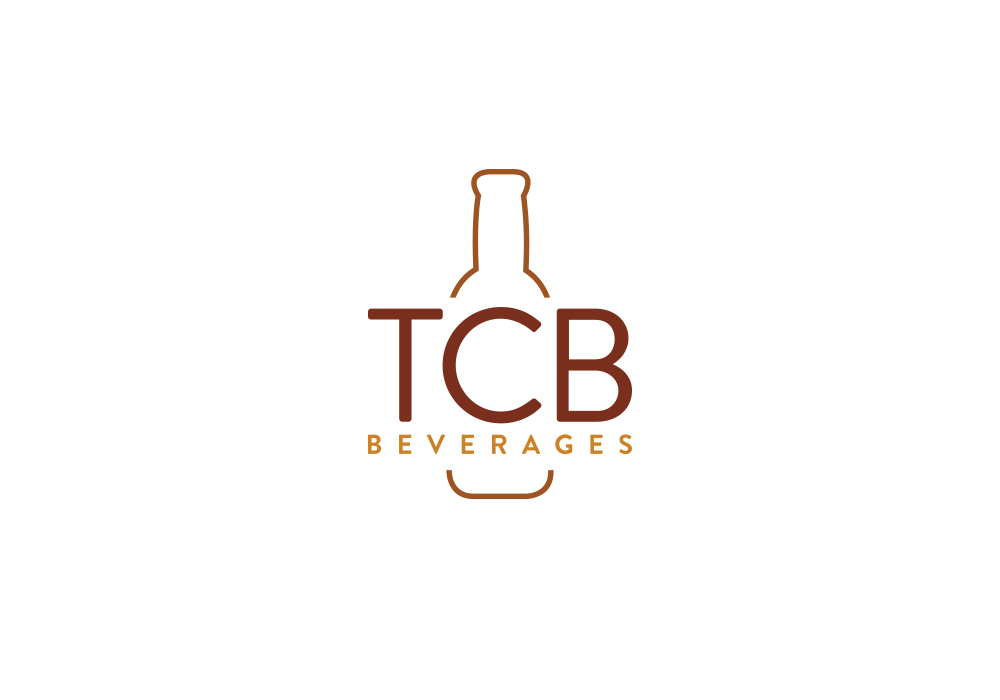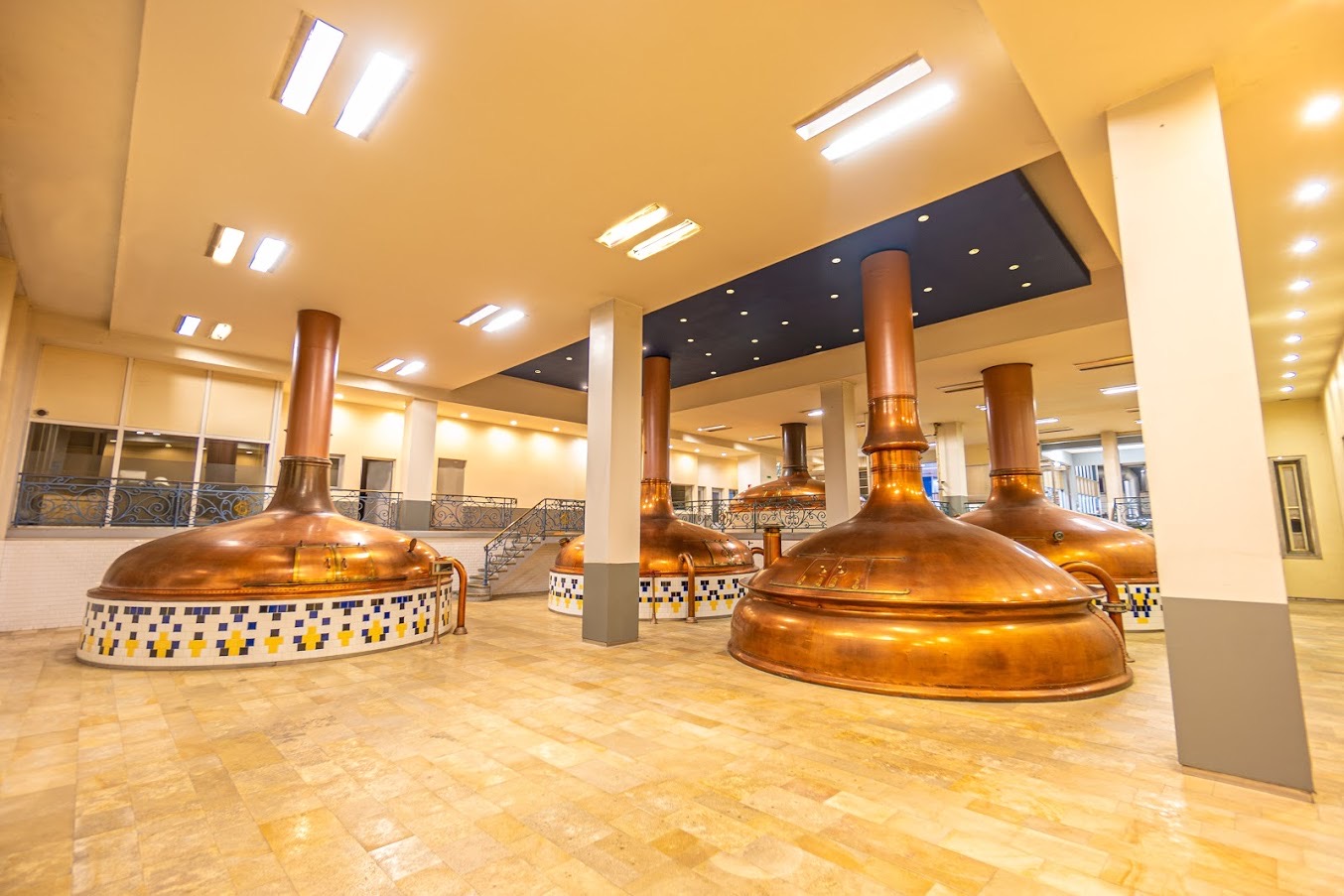Since 1897
Our History
Built in 1897, Brasserie Champigneulles is the oldest French brewery, thanks to the passionate Antoine Trampisch and Victor Hinzelin. However, it is said that the plant is much older…
According to St Arnold’s legend – patron saint of Lorraine’s brewers, around the year 640 thirsty pilgrims transporting his relic discovered barrels filled of cervoise beer right on the site where Brasserie Champigneulles remains nowadays.
Brasserie Champigneulles is well established and has a long-standing reputation. It has been Tour de France’s official sponsor during the 1950’s 1960’s and sponsor of the 1968 Olympic Games, and is still today a prized and renowned local beer.
The brewery makes regular investments and grows sustainably, with, to this date, a production capacity of 4Millions HL. Part of TCB Beverage Gmbh group since 2006, Brasserie Champigneulles continuously develops new recipes to win beer lovers’ hearts.
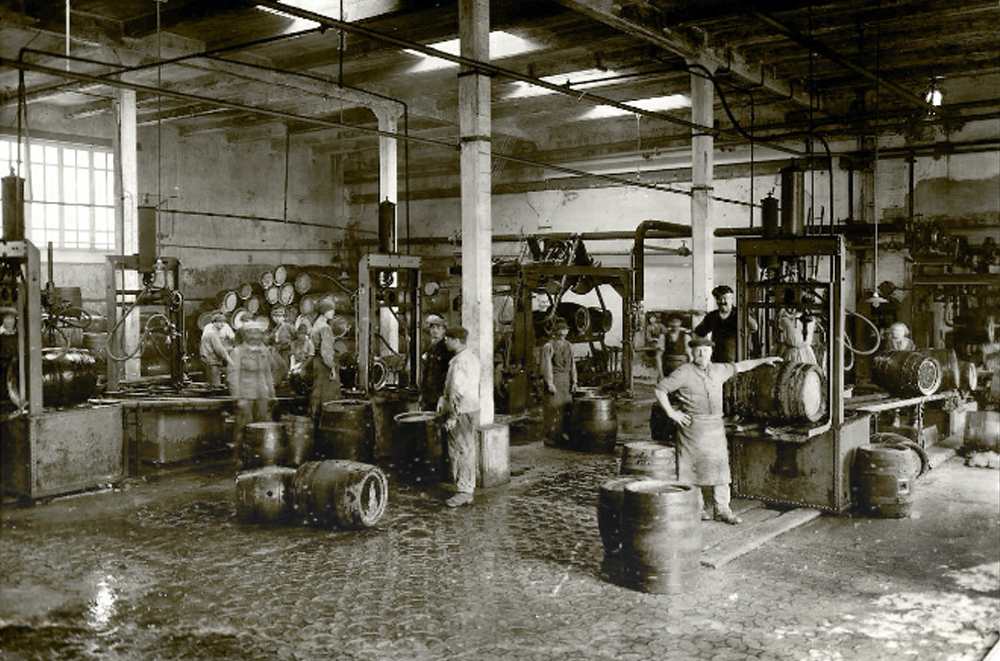
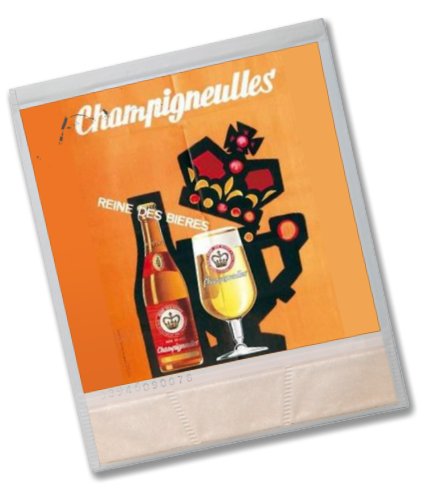
Our Values
For the last 120 years, the many brewery teams have worked with heart and passion in order to share Antoine Trampisch and Victor Hinzelin’s values, Brasserie Champigneulles’ creators. The passing on of the savoir-faire and traditional recipes is key to our operation.
Brewed with Bellefontaine spring water since the very first day, our beers’ quality is our guide line, as is our daily commitment towards the preservation of the environment through our sustainable practices. Everything is ensured so that our beer lovers feel the passion and love we put in the creation of our beers.
Our Process
The savoir-faire of
Brasserie Champigneulles
Brasserie Champigneulles has over 120 years of brewing expertise. Our brewers are commited to putting their skill and passion into the creation of each of our beers at each stage of the process.
We choose the best quality raw material, and this is directly linked to the quality of our beer. Where we source our primary ingredients such as barley malt, hop, yeasts, and water is very important to us. The Champigneulles beers ranges are produced with Bellefontaine spring water, thus guaranteeing an organoleptic unequalled quality.
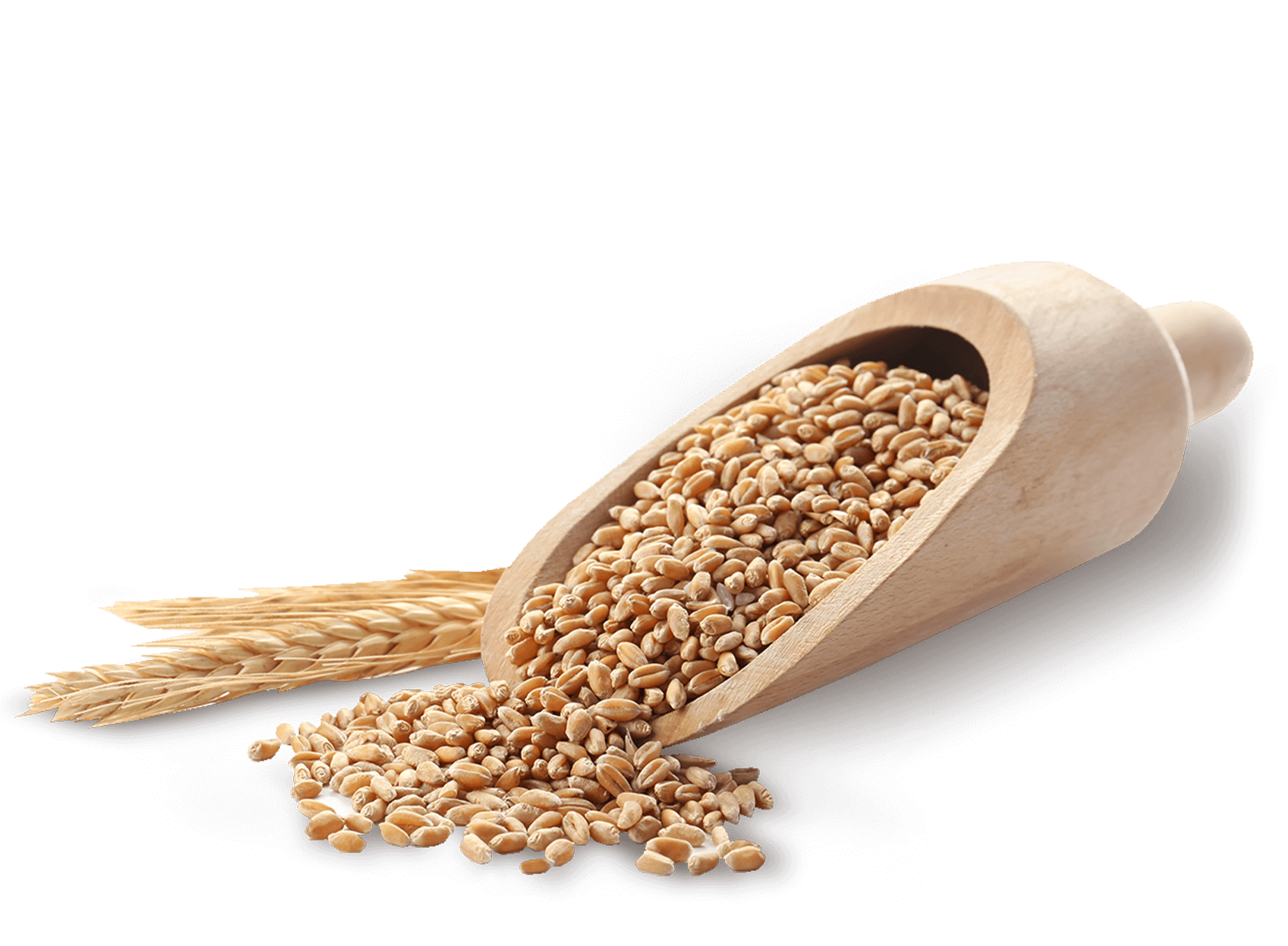
The 4 Brewing Steps
By seeping together malt, water and hop we get a cereal must, called « wort » which is naturally sweet and flavored. During that process,
enzymes convert the starch in the malt into sugars which dissolve in the water.
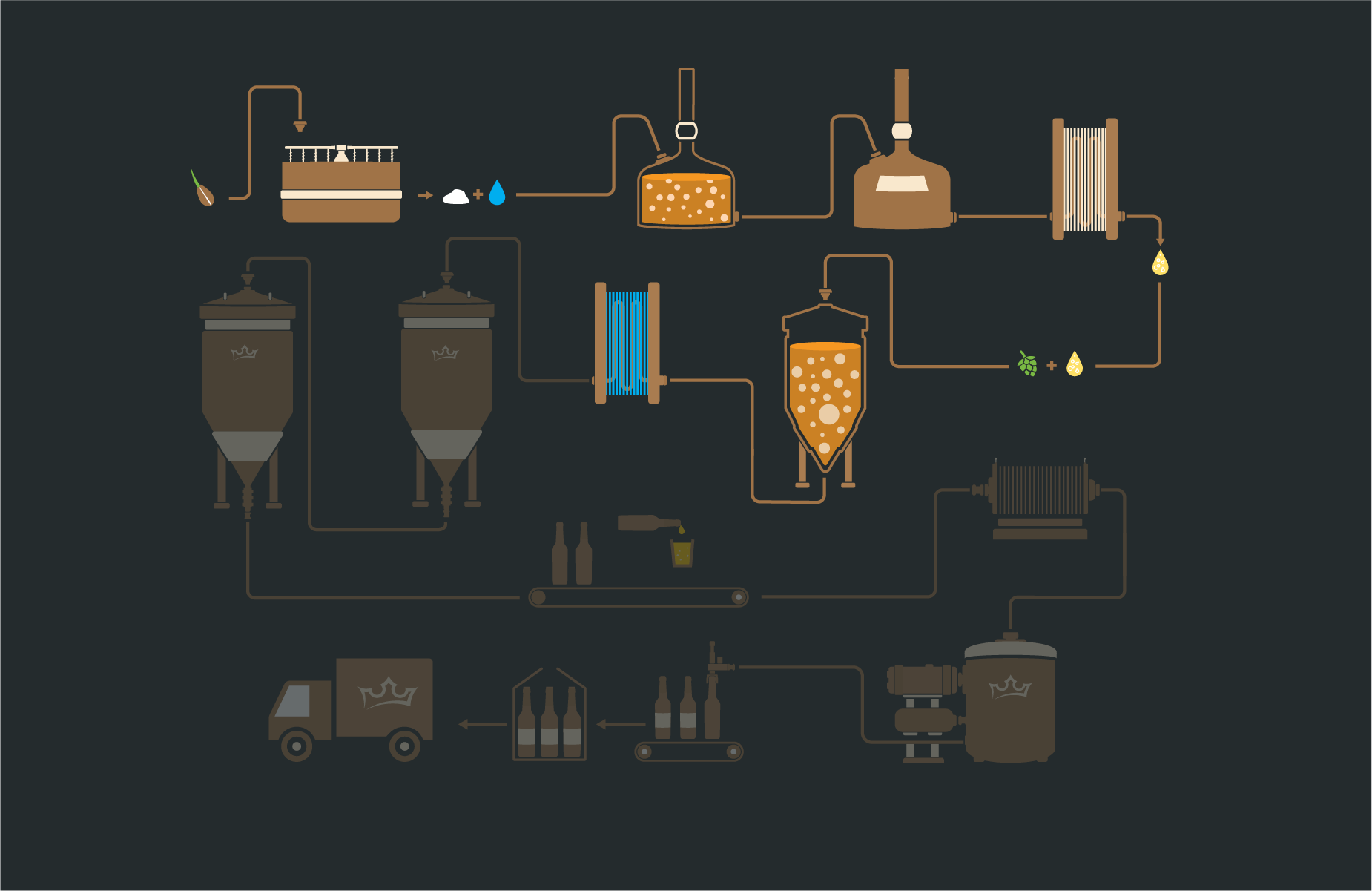
By seeping together malt, water and hop we get a cereal must, called wort which is naturally sweet and flavored. During that process, enzymes convert the starch in the malt into sugars which dissolve in the water.
Brewing use different steps:
Mashing
Once grinded into flour to make easier the transformation of the starch, malt is mixed with water. This is called mashing.
The mash is heated at set intervals, impacting on the enzyme activity (transformation of the starch into sugar). Depending on the density of the mixture, we will obtain higher or lower alcohol content.
Lautering
The masch is then filtered to separate the bark of the malt from the sweet juice obtained, which is called the sweet wort.
Boiling
This is when the hops are added. The mixture is boiled to sanitize the wort and extract the bitterness and flavour from the hops. It becomes a bitter wort.
Cooling
The must is cooled down to 13°C / 15°C, which is the required temperature to start the fermentation.
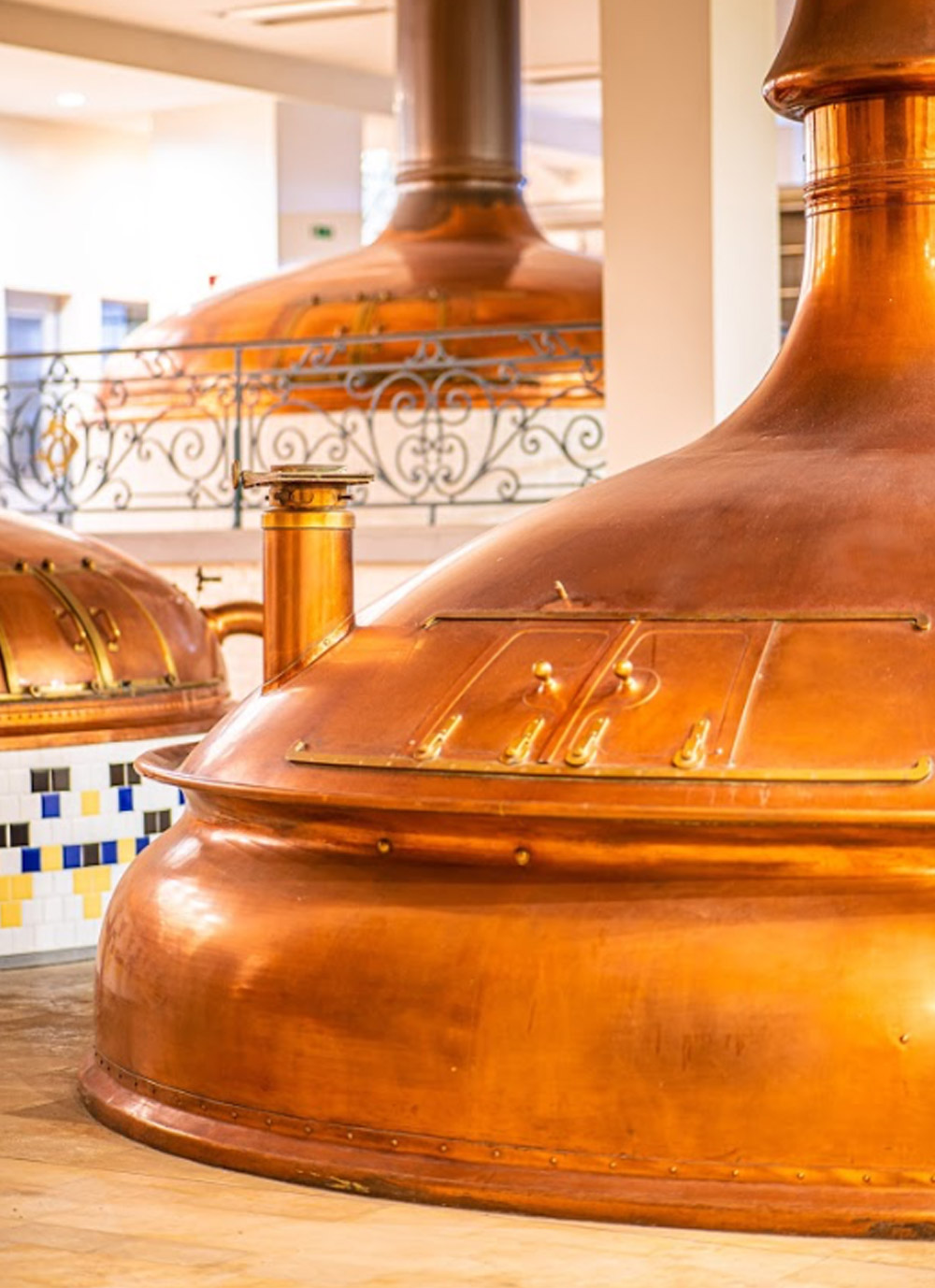
Once malt grinded into flour to make easier the transformation of the starch, malt is mixed with water. We heat this combination at different set temperature in order to transform starch into sugar. Then, we filter the mixture to separate the residual grains of the malt from the sweet clear liquid obtained, the wort, that will be boiled. While boiling, we add the hop – the quantity of hops added is defined by the bitterness level required in the recipe.
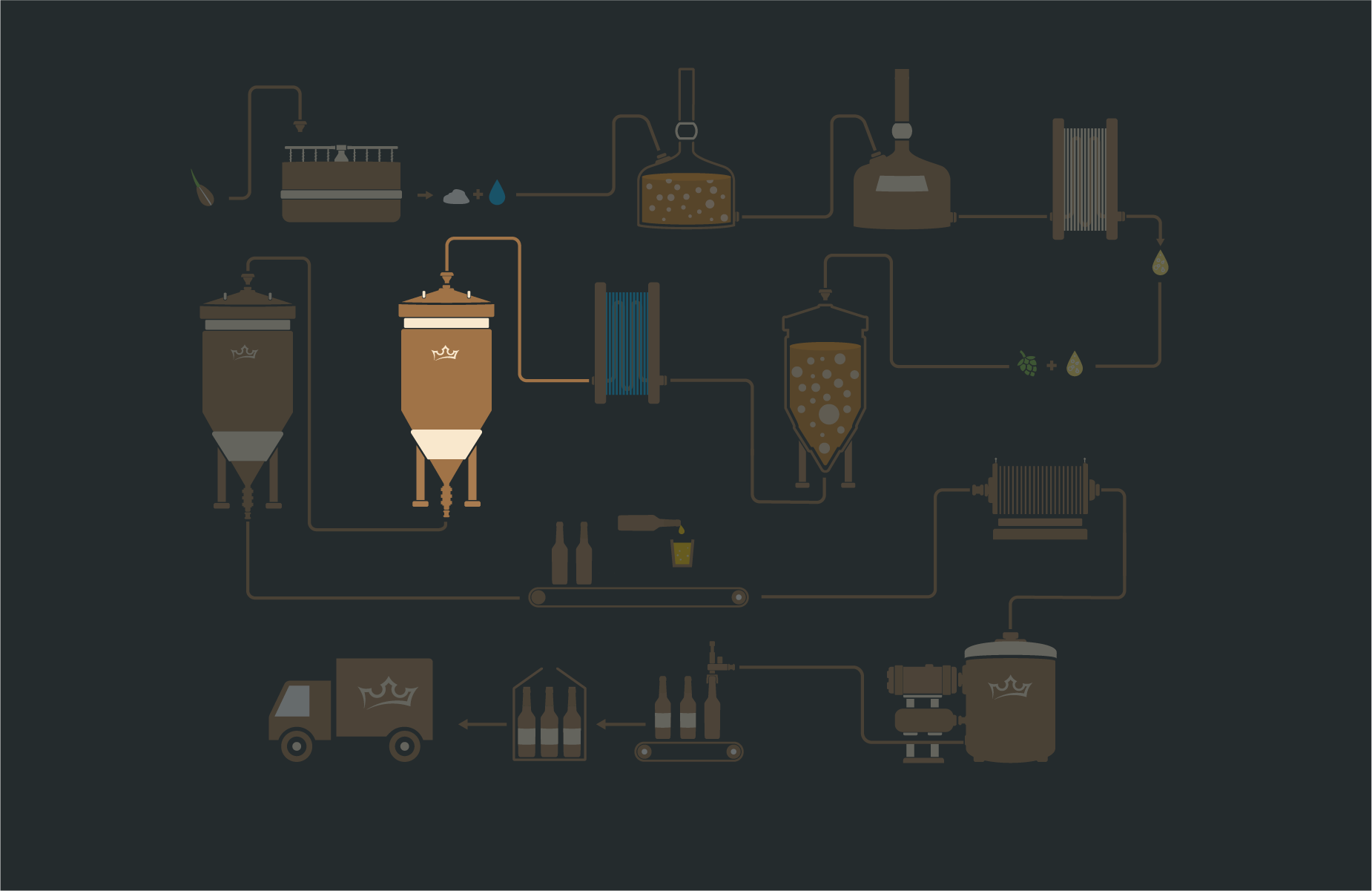
Fermentation
The must is cooled down and stored in a huge vat, where we pour yeast. Yeast makes sugar turns into alcohol and gas, thus, develop the flavor of the beer.
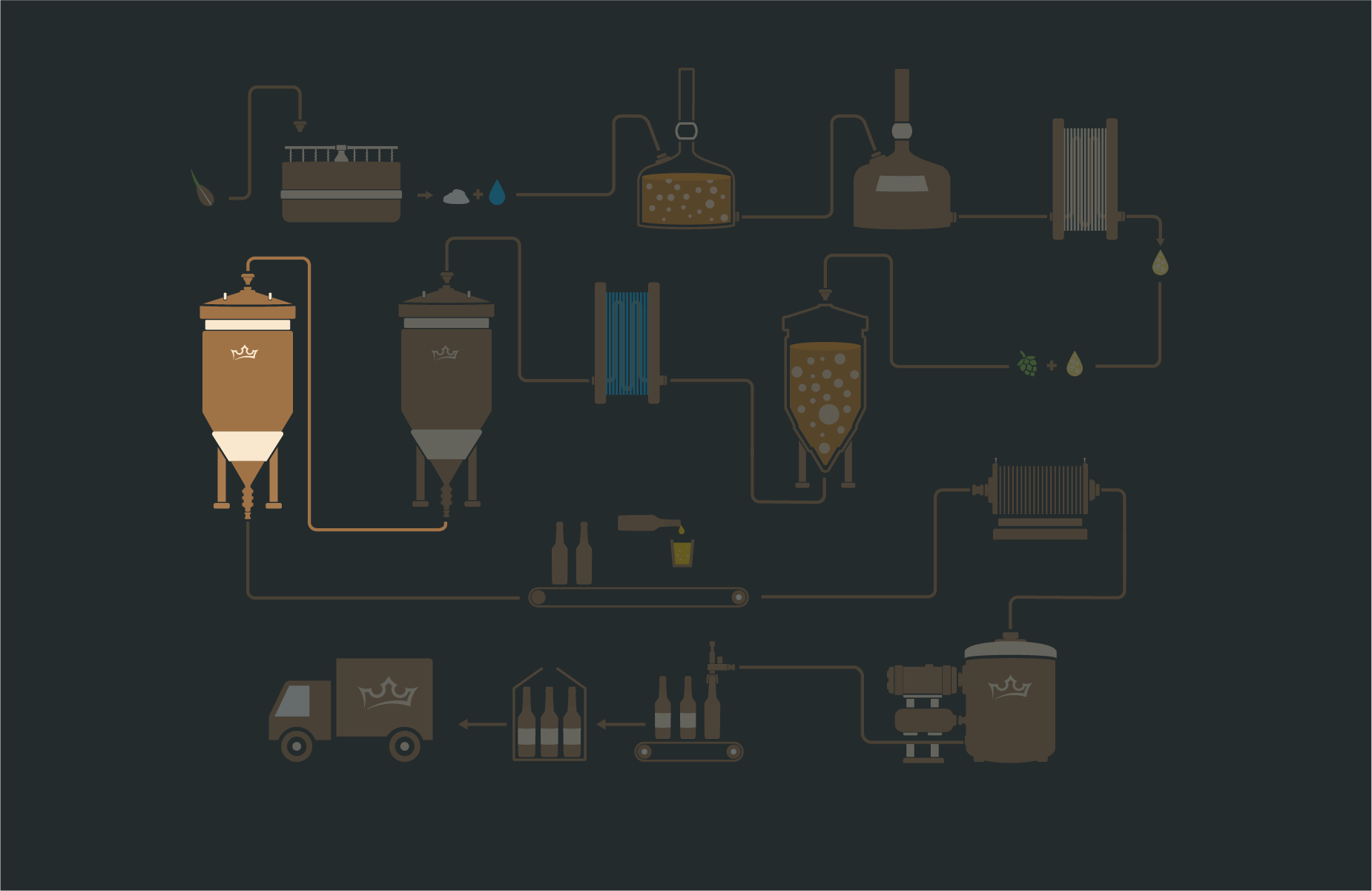
Conditioning
Beer remains in vat between 2 and 6 weeks depending on the kind of beer expected, but before balancing the beer in vats in order to let flavor expands, we clear the beer from yeasts particles.
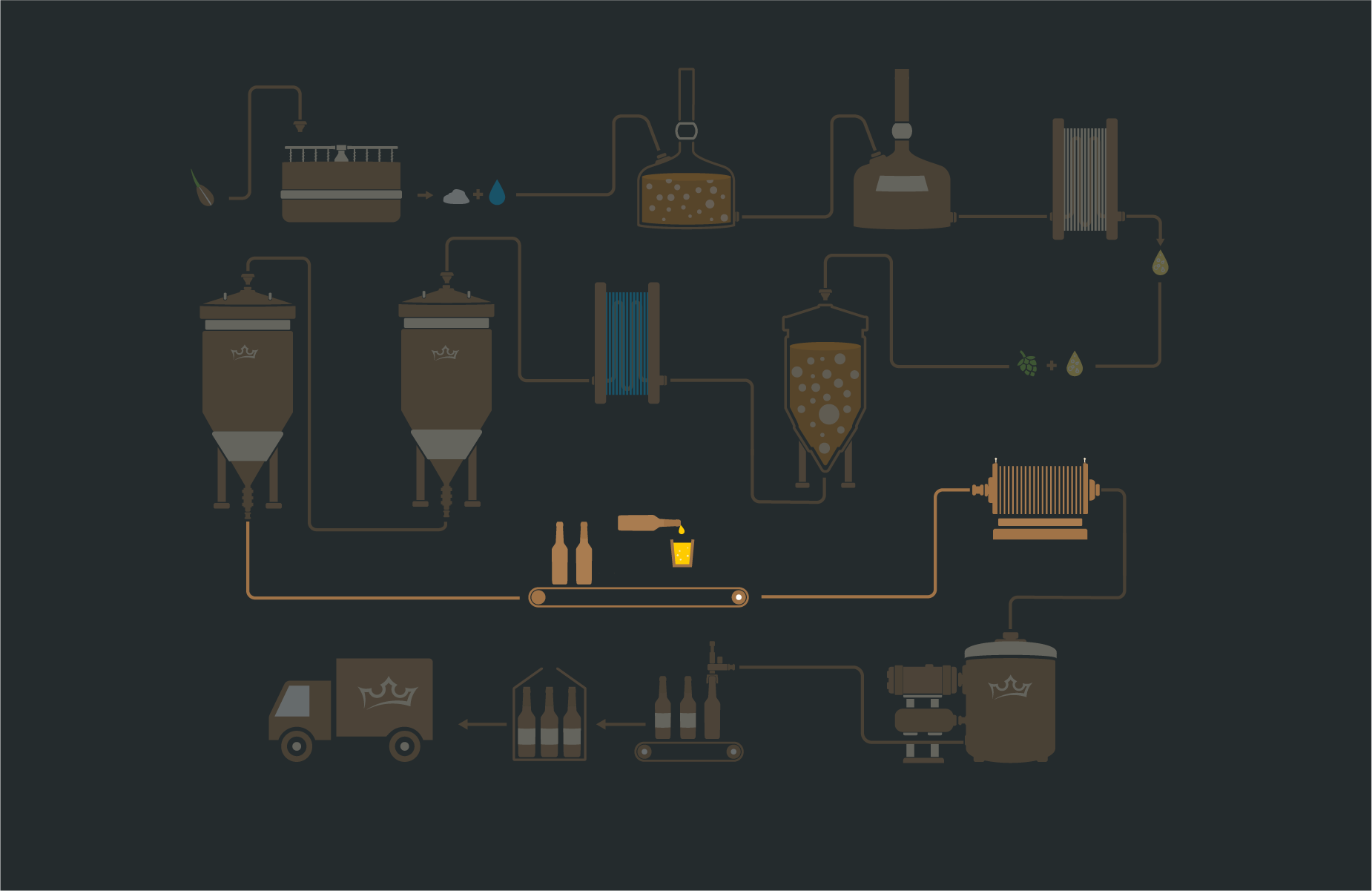
Testing
Very important step ! Each beer we fill in is tasted. That is very important to taste each beer brewed in order to guarantee for customer the quality and constancy of our beers.
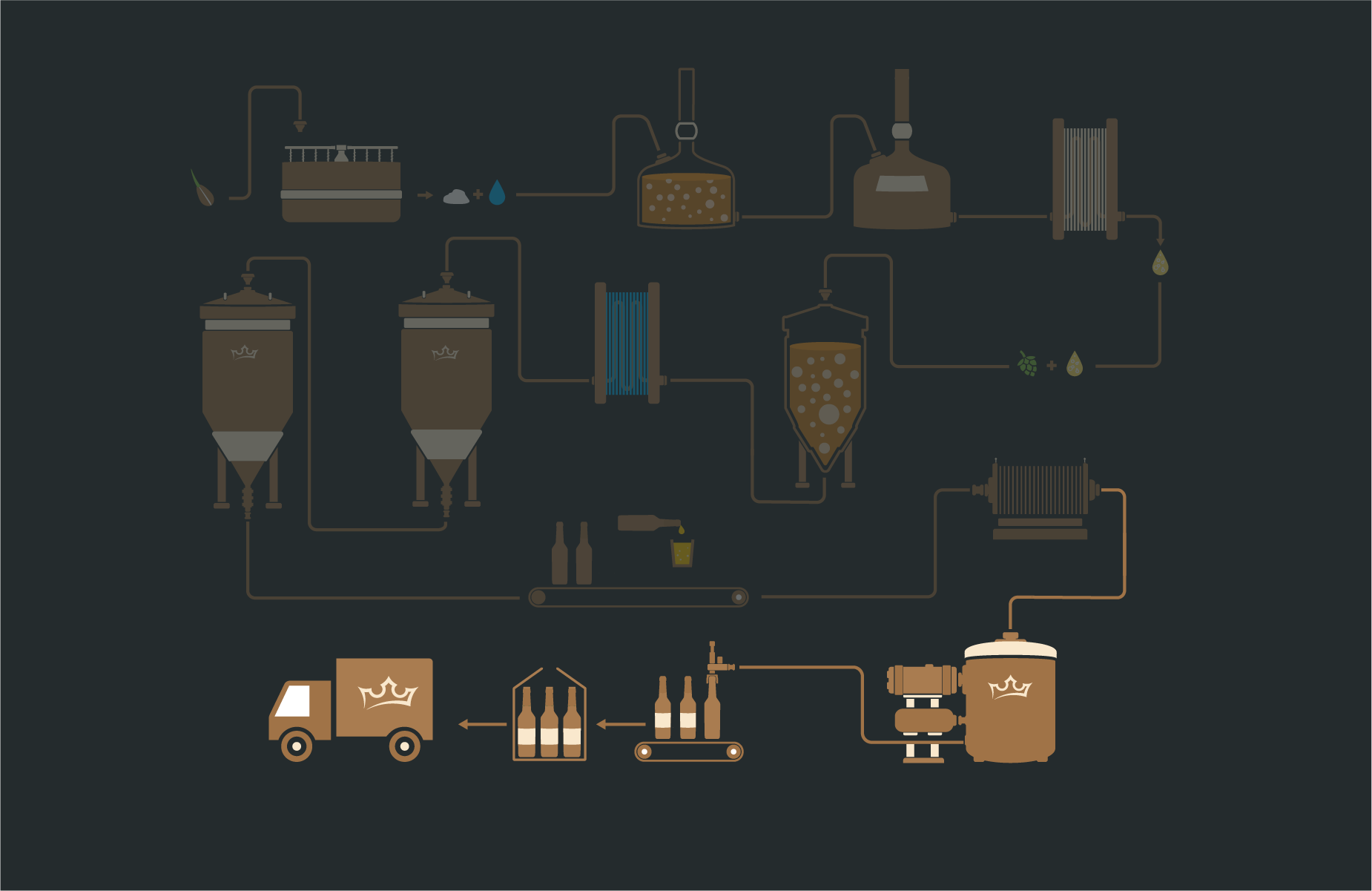
The Filling
The beer is filtrated to extract all kind of sediment that could remain before being filled in bottle or can.
